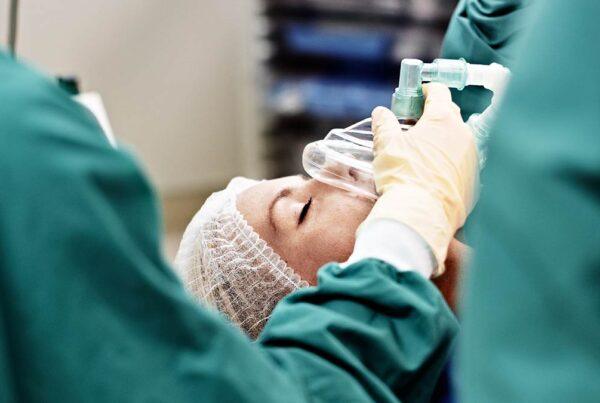[AUDIO LOGO]
Not all patients are created equal. I know we definitely have care plans for knee replacement, and moms and babies, and cardiac patients. We have developed really effective care plans from the experience that we have learned over the years of caring for these patients. And we’ve learned the most efficient way to care for them and then get them out of the hospitals and into their homes. But I think what we also have to remember that not every cardiac patient is the same. They are unique individuals with their own unique issues and family members. And all of that is also part of the learning.
Not just the clinical components, but when you walk in and are present with a patient, what are the things that we absolutely have to teach so that people know how to interact with those people? Again, through that empathy, that one-on-one of understanding that Mr. Jones is very different than Mrs. Smith down the hall, or you name a patient. And that’s what makes health care just the greatest industry to serve in because we have such an ability to impact people’s lives at their most vulnerable point.
And so having the clinical expertise, absolutely essential. Having the human expertise of how do we care for, interact is just critically important. And I’m sure I learned a lot of that growing up in faith-based health care and it’s why I have such a passion to serve. I mean, I can’t imagine serving in any other industry because it’s such a privilege to work in an industry where we make a difference every day. And although, again, we fall down, we make mistakes, it’s really such an honorable and important industry to serve in. So I want to continue to see what are ways we can continue to make it better, attract more people to understand this great opportunity that we have, and then most importantly, we have more people aging and that need our care than ever. And despite all the technologies and advances and people are living longer, we need more care providers to help us deliver on that.
[AUDIO LOGO]



